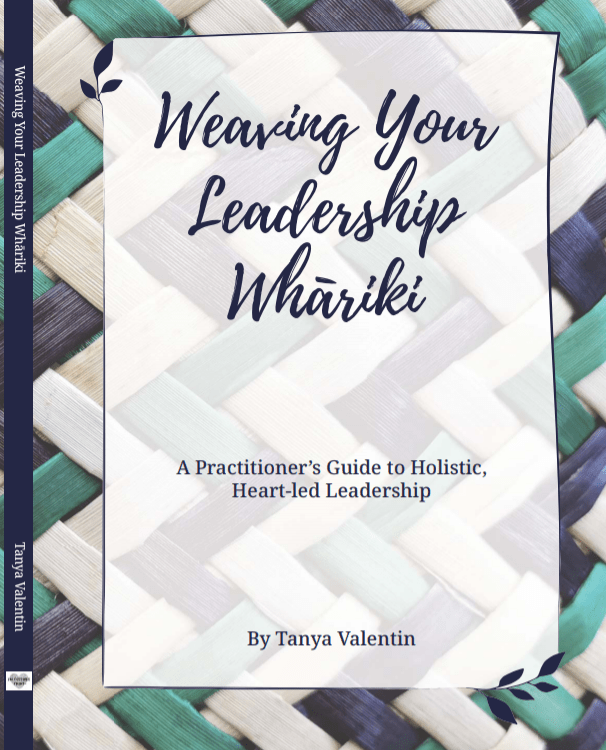If you haven’t already heard of Tanya Valentin, you’re in for a treat and a half.
Tanya is the brilliant, energetic and all round shining light of positivity that we all need to brighten our days. She’s a leading expert, coach and mentor all over Aotearoa, working with early childhood educators in many facets. Her passion lies in a beautiful, heart-warming aspiration; to inspire a legacy of heart-led early childhood professionals.
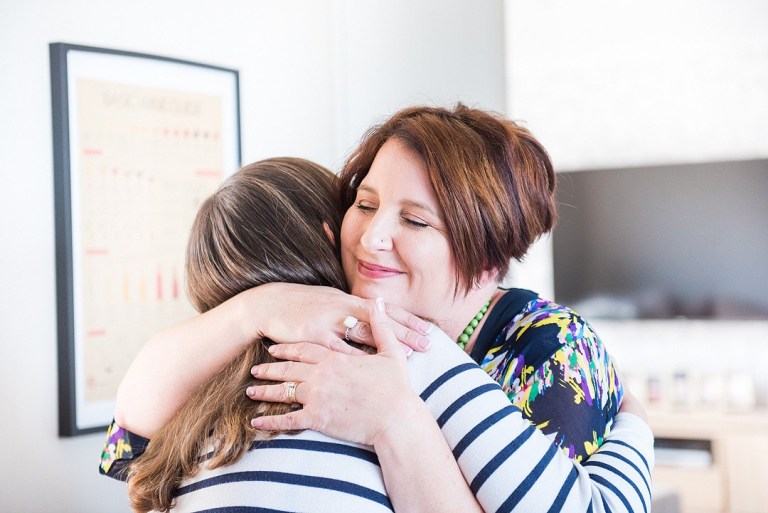
We’ve previously had the pleasure of chatting to Tanya in our Jitbug podcast (catch the episode here), and were delighted when she agreed to share her thoughts with us around navigating the new ECE landscape we are all now facing.
This is a time for reflection, for building relationships and connection. To make space, as Tanya eloquently puts it, to be human and to embrace human emotion. To trust others as leaders (whānau, children, team members) with our feelings as we ask of them.
As you are well aware, our already pressured sector has been hit hard by Covid-19, like many other organisations and industries around NZ. However, we are all about focusing on the positive, as you are too 😊 What positivity have you noticed in the ECE landscape over the month of April?
Although there has been a lot of uncertainty for our profession, I have seen this as a time for reflection for my teachers and leaders. This has also been an amazing time for connecting to each other with a vast selection of free online PD which I feel has brought many teams closer.
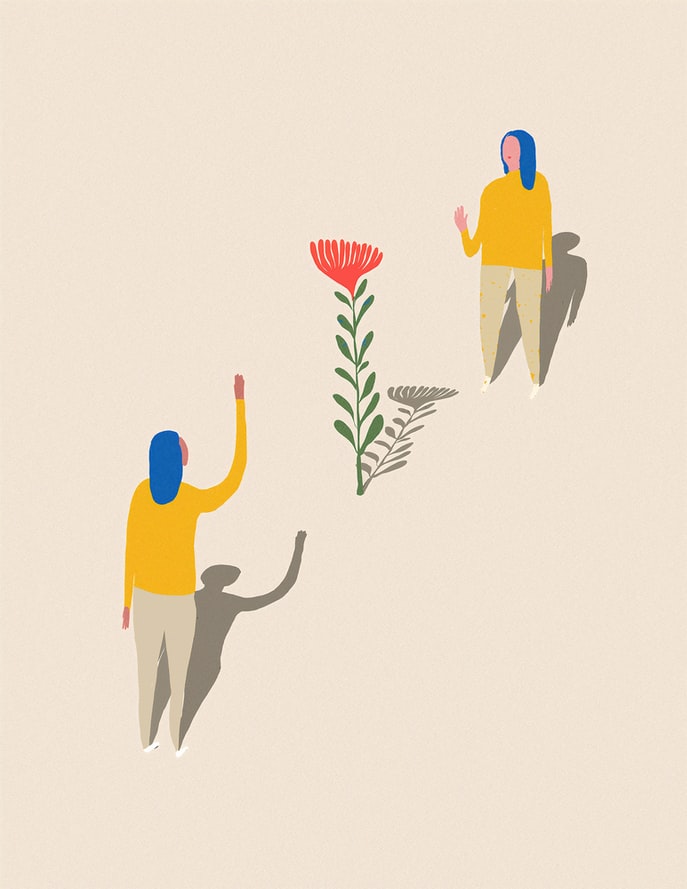
We love your work on intentional teaching, and it translates so well to leadership as well. What are some intentional actions ECE leaders can take to support their teams during isolation?
This is huge really as this covers so many areas.
A good place to start would be to take stock of what has been working for your centre and what you might like to change. To examine the leadership wake that you have been leaving (intentionally or unintentionally) and to reflect on how you can become more aligned to who you want to be as a leader - what your purpose is and how you would like to be more purposeful.
This is also a great time to help your team to reconnect with each other and what matters to everyone in your centre; to create a shared vision and plan for the outcomes that you would like to achieve so that everyone can thrive.
“Use this time to build psychological safety.”
How can managers support the holistic health and wellbeing of staff, both virtually at Level 4, and then physically as we move through Levels 2 + 3?
I think that open communication, staying connected, building connection and relationships are really important…using this time to build psychological safety.
What I mean by psychological safety is to make space for being human, acknowledge that human emotions are part of this. Knowing the people in your team and where they are at is vitally important, as not everyone is dealing with the challenges of this time. Use this time to be there for the people in your team. But this also means that we as leaders are real and authentic - that we allow ourselves to be human and vulnerable.
All too often we hide behind the armour of professionalism and we fail to build real connections with the people in our teams.
Many of us don’t see vulnerability and professionalism as being part of the same story - then wonder why we can’t relate, or feel so disconnected from each other.
As leaders we set the tone for what becomes the “norm” in our settings. For people to trust us we need to extend trust to them. To trust them with how we are feeling, ask for help and to admit when we get it wrong. That takes real courage. However, in order for teachers to be able to feel that they are able to contribute, communicate or explore together as a team they must first feel that that they belong and that their wellbeing is taken care of. They first need to be able to trust, which is the opposite of uncertainty and worry.
You’re known for being a champion of teacher wellbeing (yay!) and we really love your positive outlook. It’s amazing. Do you think some good might come out of this isolation period for ECE?
I really feel that this has been a time for many teachers to slow down and to be present for what is really important for them. This time of self-isolation has been a disruptor from our everyday life that many of us needed. Many people have had the opportunity to reflect on their priorities for themselves and their families.
I think that this could create a bit of a culture change around “soldiering on” as we tend to do as teachers.
The virus has also highlighted for many people the importance of looking after our bodies and our immune systems and to take the time that we need to rest and recover if we are unwell. As a culture we have not been very good at doing this in the past - the decision around not coming to work when you are sick or sending your children to school or ECE has really been taken out of our hands.

Passion and energy – let’s be honest, we’re all stuck inside, eating a bit too much home baking and missing some personal connection! What are you doing to keep motivated?
I am just like everyone taking it one day at a time. Like everyone I have days where I feel more motivated than others.
Establishing a good routine is important for motivation, as is exercise and keeping active.
Finding ways to notice the good things you already have in your life or building anticipation into your day or week.
It is also important to practice self-compassion at times. There’s a lot going on for us emotionally and it is important to acknowledge these emotions; to work through them in a way that is kind to ourselves.
We are human beings experiencing a shared human experience of trauma. We need to not compare where we are at with others, as we are all processing this in our own way. Some of us are worried about security, safety where our next meal might be coming from and so we might not be feeling motivated right now to read a book, work, improve ourselves etc.
Having realistic expectations of where we are at and what we are able to do during this time is key.
What’s a way that teachers can look after themselves and their whanau in the next few weeks?
- Tune into your cues and listen to your body.
- Set healthy boundaries against social media etc.
- Move your body and prioritise sleep and rest.
- Eat nutritious foods, do things that bring you joy, breathe mindfully and intentionally, practice gratitude and focus on what you can control.
- For our children, just have fun with them. Play as a family, don’t stress out about being the best homeschool teacher. Limit what they are exposed to in the media and be their source of information. Allow them to express their feelings and remain positive.
What are some practical ways teams can show gratitude to one another, either now (virtually), or in-person?
There are so many ways that we can do this.
Virtually you could do an exercise where you discuss why you are grateful for each person in the team, and what you feel their super powers are. You could talk about all the amazing things that you love about your work whānau, all the strengths that you have to tackle challenges, and how you are already resilient.
In person, focus on the positive things that people are doing during the day and take time to point these out. You could create a gratitude wall in the staff room, or have discussions about the “golden moments” of the day. Or leave each other little thank you notes.
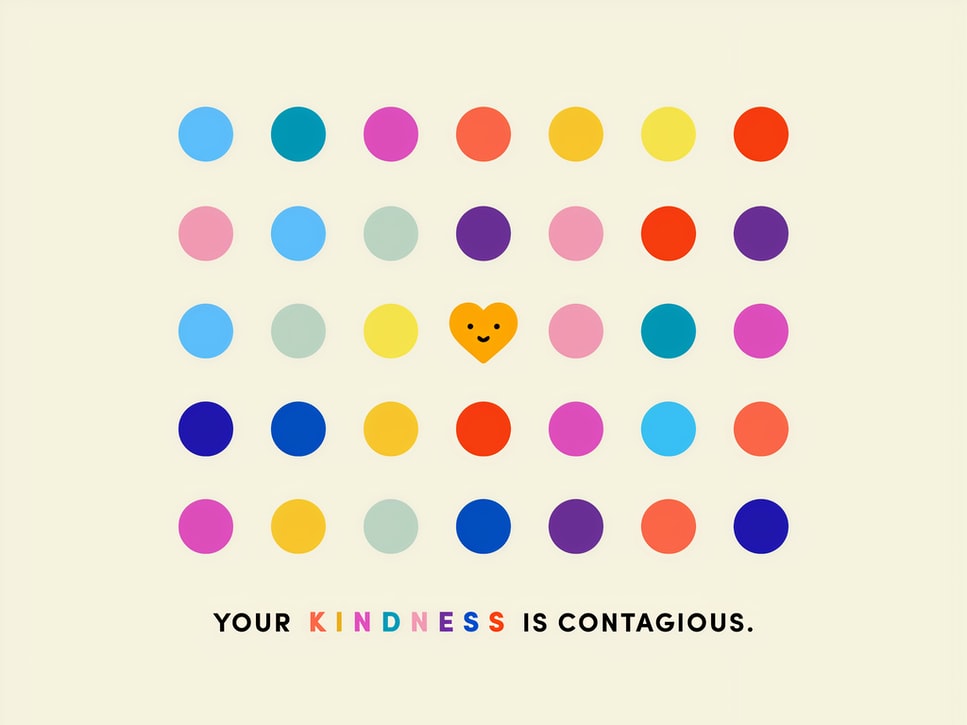
What kind of balance do you think is ideal for work/life during this transition period?
This is a difficult one as we are all different, but I would suggest making sure that we are meeting our basic needs.
Food, hydration, exercise and sleep are really important for maintaining your health and immune system.
Creating healthy boundaries between work time and family or personal time is really important too. Sometimes when we are working at home this can lead to an unhealthy balance of working much more than when we worked outside the home. Having clear boundaries is important and having accountability systems in place can help.
In our house we have scheduled a 2 hour “family time” where we play board games etc with our children. My children are really good at reminding me that it is time to stop working for family time if I go overtime with work commitments. We also have ground rules like no cell phones or work talk during this time. This helps me to maintain a good work/life balance and creates a special connection time as a family.
Fear and overwhelm can sometimes take over our mindset at the moment, with the current workload and the new Health and Safety measures we need to implement. What would you suggest we prioritise to manage this?
There is a metaphor that I teach and use in my own life. When I am feeling overwhelmed I imagine that everything that I have to do are balls that I am juggling. However all balls are not as important. Some balls are glass and if I drop them they will shatter and this will be disastrous. Some balls are rubber and I can drop them and then catch them later because they bounce.
We are going to let some things go for the moment but what that is depends on the leaders and teachers of each centre.
I would suggest that leaders and teachers talk about this and decide what their glass and rubber balls are.

If you could wave a magic wand and ask for one thing from the NZ Government to support ECE during this time, what would you ask for?
I think it would be funding and ratios. Teacher morale was at a low point before COVID19 due to the pay gap. I know that there is a lot of fear from teachers that because of COVID19 this is something that may be shelved. Ratios and group size has always been something that has concerned me, but I think that this is even more of a concern especially around resettling children and fears of infection.
Tell us a little bit about your new book “Weaving Your Leadership Whāriki”?
Weaving Your Leadership Whāriki is a guide for holistic leadership. It examines the premise that no matter the age and stage that we are at in life we all have the same fundamental human needs.
I think that Dr Mike Bedford said it so eloquently when he referred to Te Whāriki as not just a curriculum but a human development model. I have long felt as a leader that the theories and pedagogy that we use when working with children are just as applicable from a leadership lens when working with adults. This makes Te Whāriki an amazing leadership model.
However this comes with the mindset shift of seeing our fellow kaiako and ourselves as learners. We are all part of a learning focused culture; for leaders kaiako are their priority learners.
It is important that we see leadership as a privilege and reflect on the curriculum that we need to provide to support our kaiako to grow to their fullest potential.
Instead of looking at their behaviour as something to “punish” or as a personal attack to ourselves and our leadership we ask ourselves the deeper question, “What is missing for that person in order for them to act this way?”.
We can then work with our kaiako on the “learning outcomes” that they need to have their well being promoted, to support their innate need to belong and to work in an environment where it is safe to contribute and where their contributions are valued.
The book contains strands and goals adapted to be relevant to leading, growing, supporting and empowering kaiako. The principles, strands, goals and learning outcomes of Te Whāriki can be used as a powerful leadership tool to grow and empower your team.
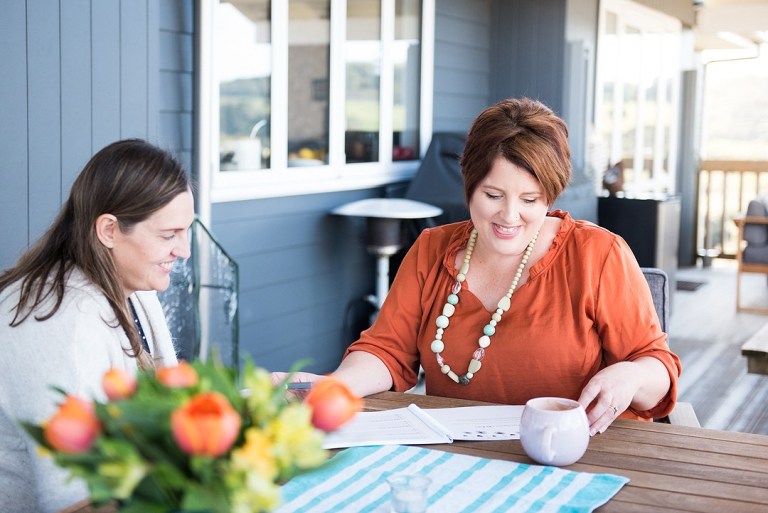
Quickfire Round!
What’s the number one priority for teachers as they return to centres in the coming weeks?
Relationships with each other, children and families
What are your top mindset tips to give to teachers as we head back to centres?
Have realistic expectations of yourself and others.
Remember how well you take care of yourself has the biggest influence on your mindset. If you let yourself become depleted you will be operating out of this, so keep yourself topped up regularly through-out the day.
You get to choose your attitude, do so intentionally and protect yourself against the catchy attitudes of others.
Be kind to yourself and others.
Stay in the present and focus on what you can control in the moment and don’t expend needless energy on things that are out of your control. Remember, where you focus is where your energy will flow.
Practice gratitude daily as a personal practice and as a team.
Be discerning about what you consume mentally in the media as well as social media.
Make sure to check out Tanya’s book Weaving Your Leadership Whāriki - a guide for holistic leadership.
